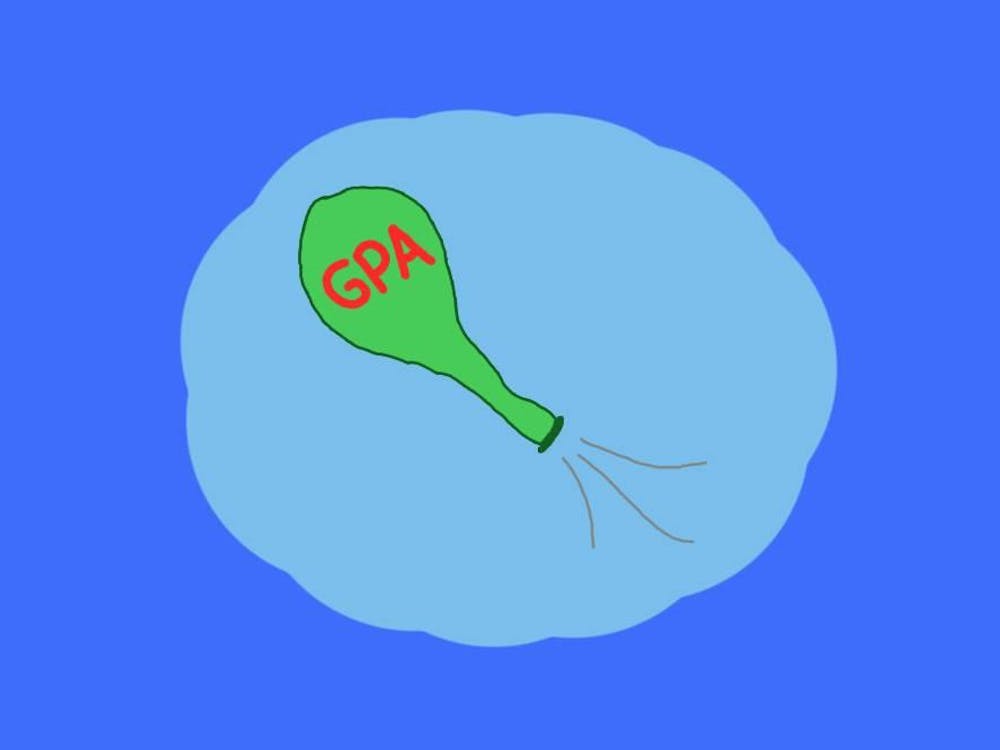The University of Massachusetts-Amherst will introduce a curriculum change requiring all incoming students to fulfill a Social and Cultural Diversity requirement as part of their general education requirements. Effective fall 2017, all UMass students will be expected to fulfill two courses — one regarding diversity in the United States and one globally — which are intended to “address the complex ways in which societies and cultures differ from one another” and to cultivate an “understanding of cultural diversity.” UMass will enable its students to better understand human relations when approaching their subsequent academic pursuits and future interactions.
To treat a diversity requirement as a general education requirement — on the same level as UMass’s “Basic Math and Analytic Reasoning” or the University’s second writing requirement — legitimizes differences among societies and cultures as areas worthy of study, both independently and as foundational elements of each student’s academic experience.
UMass’s curriculum reform has been met with its fair share of critics, who have cited the change as an indication of a shift in the role of the liberal arts institution from educational to indoctrinary. It is unfounded to suggest this particular requirement is indoctrinary compared with other requirements; with this line of logic, colleges should impose no requirements whatsoever. Even if the critique were valid, this is not an attempt to brainwash students into a particular thought process. This change will serve as a basis for students to analyze the complexities of other disciplines from myriad perspectives. Considering the experiences of those of different ethnicities or origins, for example, empowers students to understand perspectives beyond the mainstream.
Others have argued a course on diversity is irrelevant to some courses of study, and as such has no place in UMass’s general education requirements. This line of thinking demonstrates a narrow understanding of the role of the liberal arts education, as it is intended to reach beyond any one particular major or discipline. Additionally, following their academic pursuits, many students will enter the workforce. Considering today’s increasingly globalized world, we challenge these critics to find an occupation that operates without significant cross-cultural or social cooperation.
Highlighting the inequalities — racial, economic, social or otherwise — that exist in our society is not an attempt at “thought reform” but a reimagination of what is considered necessary in attaining a well-rounded liberal arts education. With the University’s major curriculum overhaul on the horizon — which is not nearly as well-defined as UMass’s — we would do well to follow UMass’s lead in providing students with a more comprehensive perspective of the world they study and inhabit.




